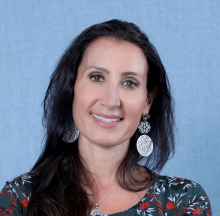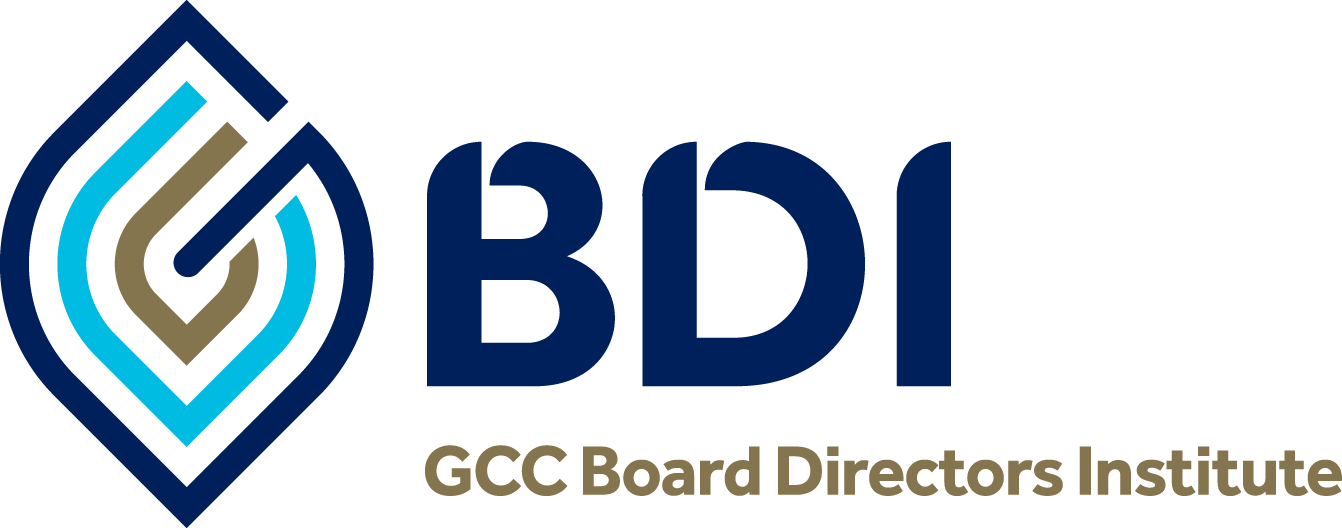- Home
- barbara riccardi regional head middle east natixis
Barbara Riccardi, Regional Head - Middle East, Natixis
Barbara Riccardi, Regional Head - Middle East, Natixis

Biography
Barbara Riccardi is the Regional Head for the Middle East – Natixis’ and manages the company’s CIB activities.
Barbara has been with Natixis since 2010, where she covered different roles in the Project Finance, Advisory, Distribution and Portfolio Management departments in Dubai and NY. Before joining Natixis, Barbara spent ten years working for international banks and corporates out of London, primarily focused on financing and advising for the energy, renewable and infrastructure sectors.
She holds a master’s degree in Engineering from the University of Rome and is a graduate of the EBRD Analyst program. Barbara started her career as Field Engineer for Schlumberger oilfield services in South America and Asia and she is a Certified Director with GCC BDI.
- Why do you think it benefits organisations to have more diversity on the board?
Diversity is very well defined in the dictionary as “the practice or quality of including or involving people from a range of different social and ethnic backgrounds and of different genders, age etc.” The real advantage of such inclusion is the richness of point of view that it brings into any conversation whether business or not: better decisions are therefore taken as all necessary inputs are available. The world is a diverse place and our clients are diverse, so we have no choice but mirror this to everyone’s best interests.
- What steps do you think can be taken to increase diversity on boards?
An effective board requires a diverse set of skills and this should extend not only to competencies but also to background, education and gender. The selection criteria should take this into account as biases negatively affect business decisions and practices and that in turns affects profitability. It is likewise important to share widely through institutional communications the benefits that diversity brings and the negative impact a lack of diversity can lead to.
- What are your thoughts on targets for board diversity?
I believe there should be a balance to any board’s composition. Gender diversity is one criteria, but it is far from the only one. So going back to my point above, boards should accurately reflect the required competencies for the business, which means taking into account education, age, background and so on. It is difficult to apply a one-size-fits-all KPI as every business is different. Instead, all shareholders should be asked to consider the question “Is the board diverse?” before approving appointments.
- What do you think appropriate methods are to encourage employees organisation-wide to engage with diversity and inclusion initiatives?
Education, exposure and proof. Diversity isn’t a fad, it is a fact of life. This may seem obvious to people who are used to living and working in diverse environments, but for many people it may appear a marginal and vague issue. It is vital to prove the incredible value that diversity brings. Top-down messages alone are not enough, we need to bring people exposure to diversity so they can live it. You can’t see the writing on the board if the pen is the same color as the board itself!
